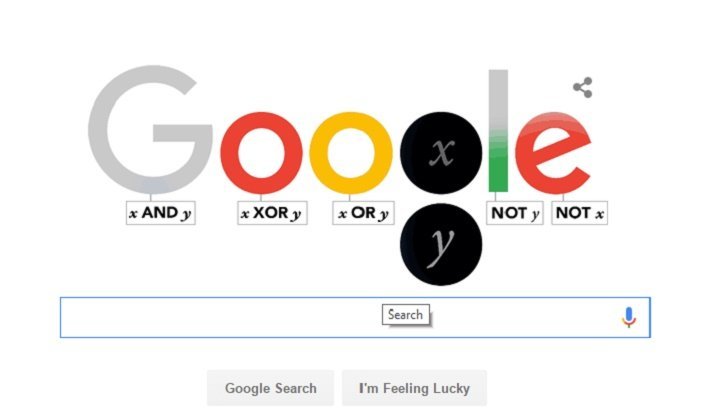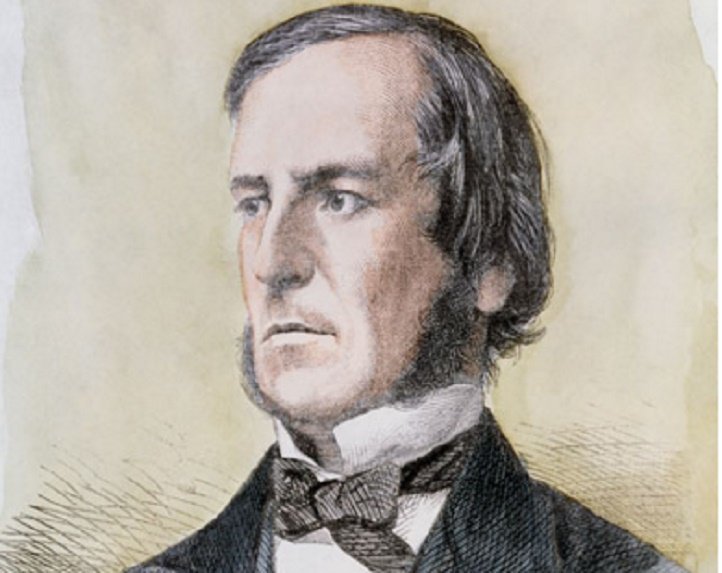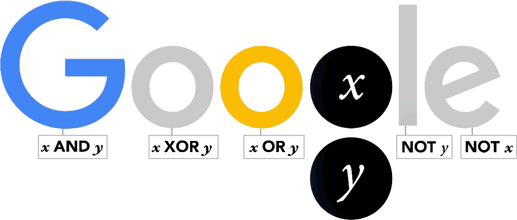Google on Monday reminded us all about mathematician George Boole. The search engine came up with an interactive doodle on its homepage to celebrate his 200th birthday.
Boole’s legacy of Boolean algebra laid the foundations of today’s digital age.

Who was George Boole?
Boole was born in Lincoln in 1815 to a shoemaker and had little formal schooling beyond primary school.
At the age of 16, he was forced to become the main breadwinner for his parents and three younger siblings after his father’s business collapsed.

His Contribution to the world of Mathematics
He began to learn mathematics early on in life but it took him several years to master calculus as he had no tutor. While learning mathematics, he also found the time to establish a small school in his hometown in 1834.
In 1840, he opened a boarding school in Lincoln. That’s when his mathematical work also began to be published.

After the death of Gottfried Wilhelm Leibniz, a German philosopher, who laid the foundation for the modern binary number system but died shortly, it was George Boole who picked up the combined efforts and mixed his Boolean logic with binary language to produce the combinations that now allow computers to operate.
In 1855, Boole was awarded the Keith Medal by the Royal Society of Edinburgh. Two years later, he was elected as Fellow to the prestigious Royal Society of London.
Despite having no university degree, Boole’s increasing fame in mathematical circles led to other mathematicians recommending him for the professorship.

He became the first professor of mathematics at Queen’s College, Cork (now University College Cork) in Ireland in 1849.

















